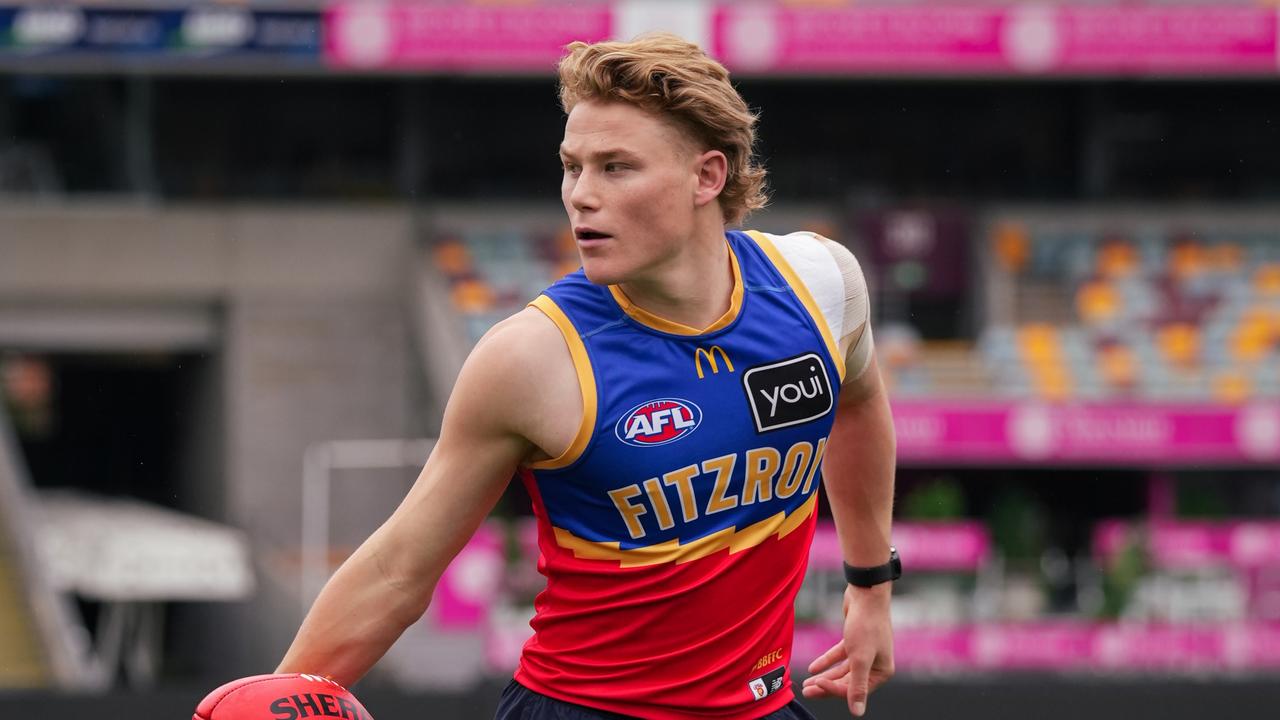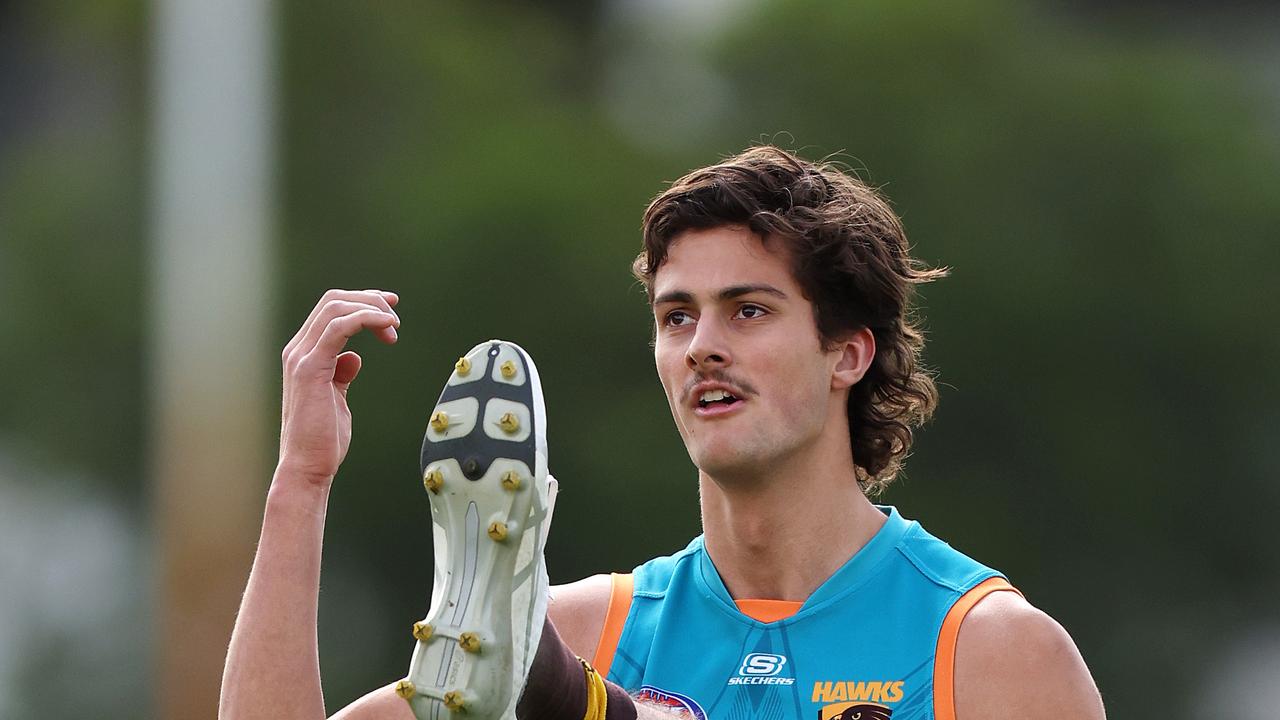SuperCoach AFL 101: Glossary of terms, how to play
Interested in SuperCoach AFL but confused by the jargon? Here’s a list of the most common terms and what they mean.
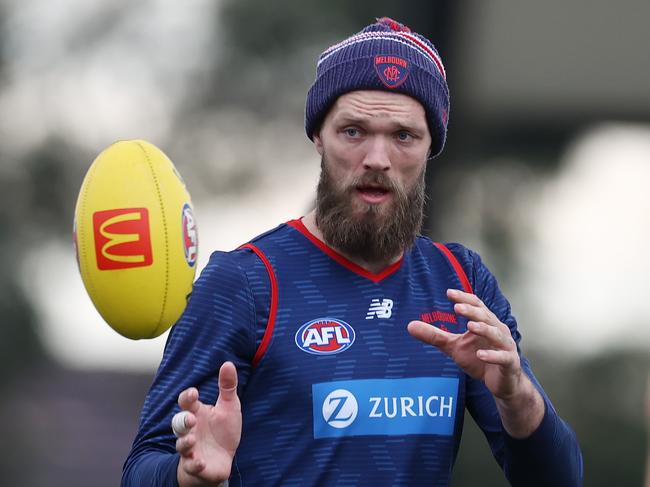
SuperCoach
Don't miss out on the headlines from SuperCoach. Followed categories will be added to My News.
You can be a successful SuperCoach AFL player, win prizes and beat your mates by spending an hour or two picking a team then checking in once a week to make your trades and set your captain, vice-captain and emergencies.
But if you want to immerse yourself in the game there’s a whole world of strategy, tactics and trade talk out there – and some terms you might find confusing.
Here’s a quick run-down.
A-grade player: You can rely on for scores over 100 just about every week. Usually very expensive. Lingo: Premium
Break even or BE: The score a player needs to maintain their current value. Beat your BE and your price goes up, miss your BE and your price goes down.
Bubble boy: A player who is about to play their third game and experience their first price movement. Jump on while they’re still cheap!
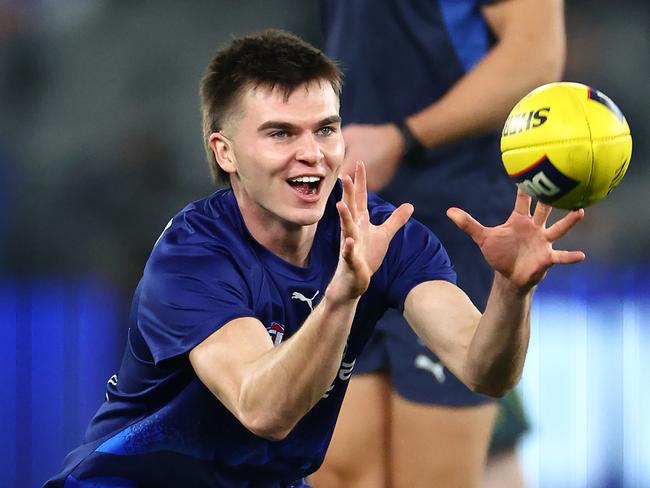
Cash cow: Cheapies, rookies and other bargain players selected for their money-making potential. These guys are picked with a plan to trade them out at some stage.
Cash generation or cash gen: What we want out of cash cows and rookies. If you’re having cash generation problems it’s going to be hard to afford the players you want.
C and VC: Short-hand for your captain and vice-captain. Your captain scores double points, your vice-captain only comes into play if your captain is missing.
CBA: Centre bounce attendances. If a player in your team is starting inside the centre square for centre bounces it means they have more chances to get the footy and score SuperCoach points.
Cheapie/rookie: A player who starts with a value under $150,000 – and hopefully improves on that a lot.
Chasing points: Trading in a player the week after a big score. It’s too late!
DPP: A dual position player who is assigned more than one position in SuperCoach. Mid-forwards, mid-defenders, defender-forwards … you get the idea. They can be selected in either spot and move between them during the season. Pick some of them!
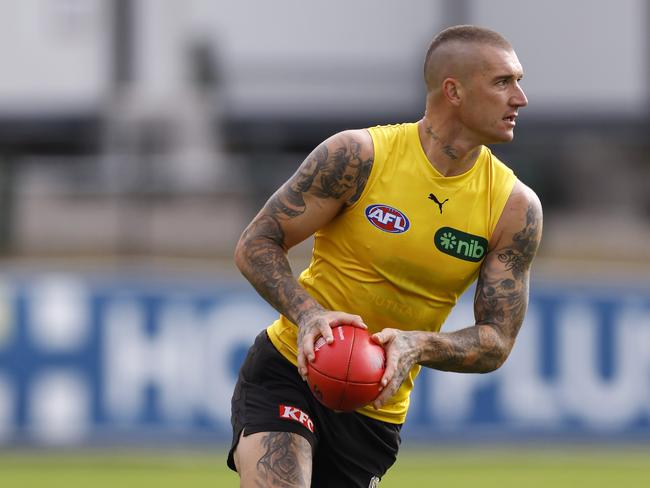
Fallen premium: A top-line player whose price has dropped for some reason, usually injury-related, making them a potential bargain.
HTA: Hitout to advantage. Not every hitout scores points, but if you tap it directly to a teammate a lot that can deliver huge scores. Max Gawn is the king here.
Keeper: A player you select in your starting team and plan on them staying there all year.
Lockout: The time a few seconds before the opening bounce of each game when players from those teams become locked, meaning you can’t trade or substitute them.
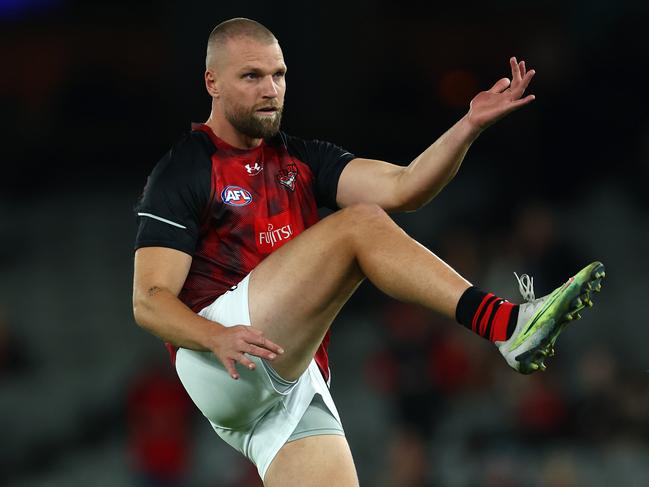
Mid-pricer: Anyone priced between about $300,000 and $450,000. High-risk, high-reward – you don’t want too many.
POD: A point of difference player – a player usually with less than 10 per cent ownership. It can be fun to select players nobody else has, but choose wisely.
Scaling: Minor adjustments that Champion Data makes to SuperCoach scores after the final siren. You can sometimes pick up a few extra points here.
Scoring floor/ceiling: A player’s ceiling is how high they can score and their floor is generally their worst score. A key forward generally has a huge ceiling with scores of 150-plus possible when they bag a big score but a very low floor in the 20s or 30s when they don’t get a kick. Consistent midfielders on the other hand almost always score between about 85 and 110 – low ceiling, high floor.
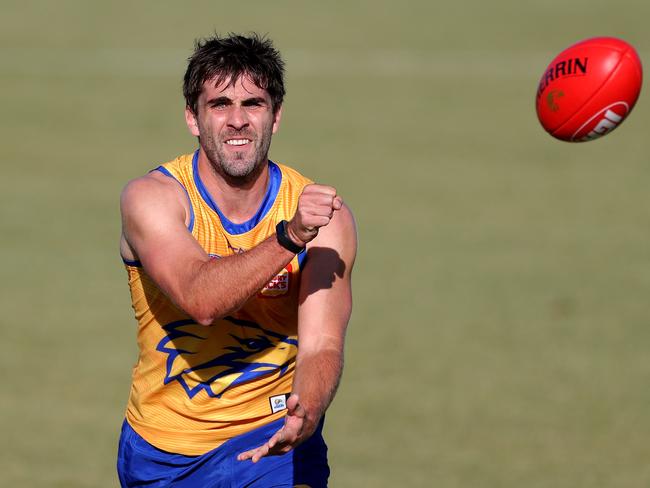
Seagull: A player who gets a lot of the ball by always being available for a handball or sideways kick but without creating much of the play. Seagulls can score well in SuperCoach points although weighting generally goes to players who win the ball.
Now, enough talk. Let’s play SuperCoach.
Originally published as SuperCoach AFL 101: Glossary of terms, how to play


